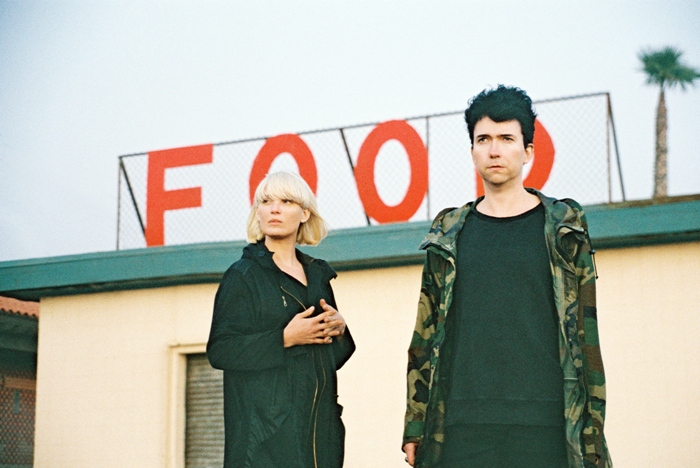Interview with The Raveonettes: Surf, Death, and Sugarcoated Fuzz
As the tide lapped at the shore, and the surf boards crested the waves, Sune Rose Wagner sat in the sand, mulling over music and his father’s death. The result was Pe’ahi, an album unlike anything he and Sharin Foo – his cohort in The Raveonettes – had ever recorded. After over a decade of renown for their swaggering riffs and swooning harmonies, The Danish garage rock duo dove into an ocean of new influences for the new LP. Ahead of their gig tomorrow (Nov 22) at Tango, Wagner and Foo tell us more about plumbing those depths, weathering grief and more, before reminiscing on the moments that brought them together in the first place.
Login or register to post comments.

